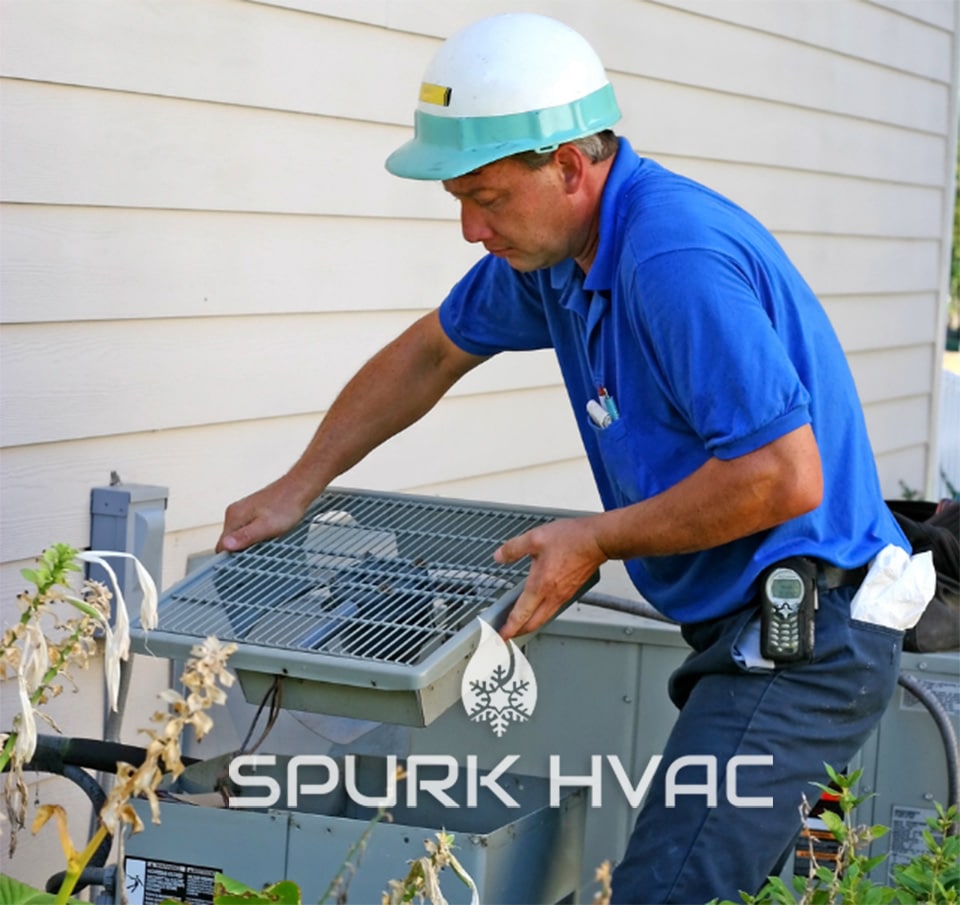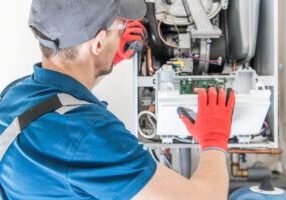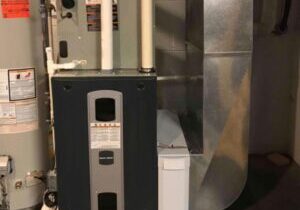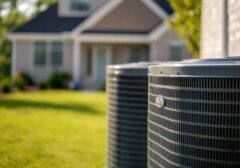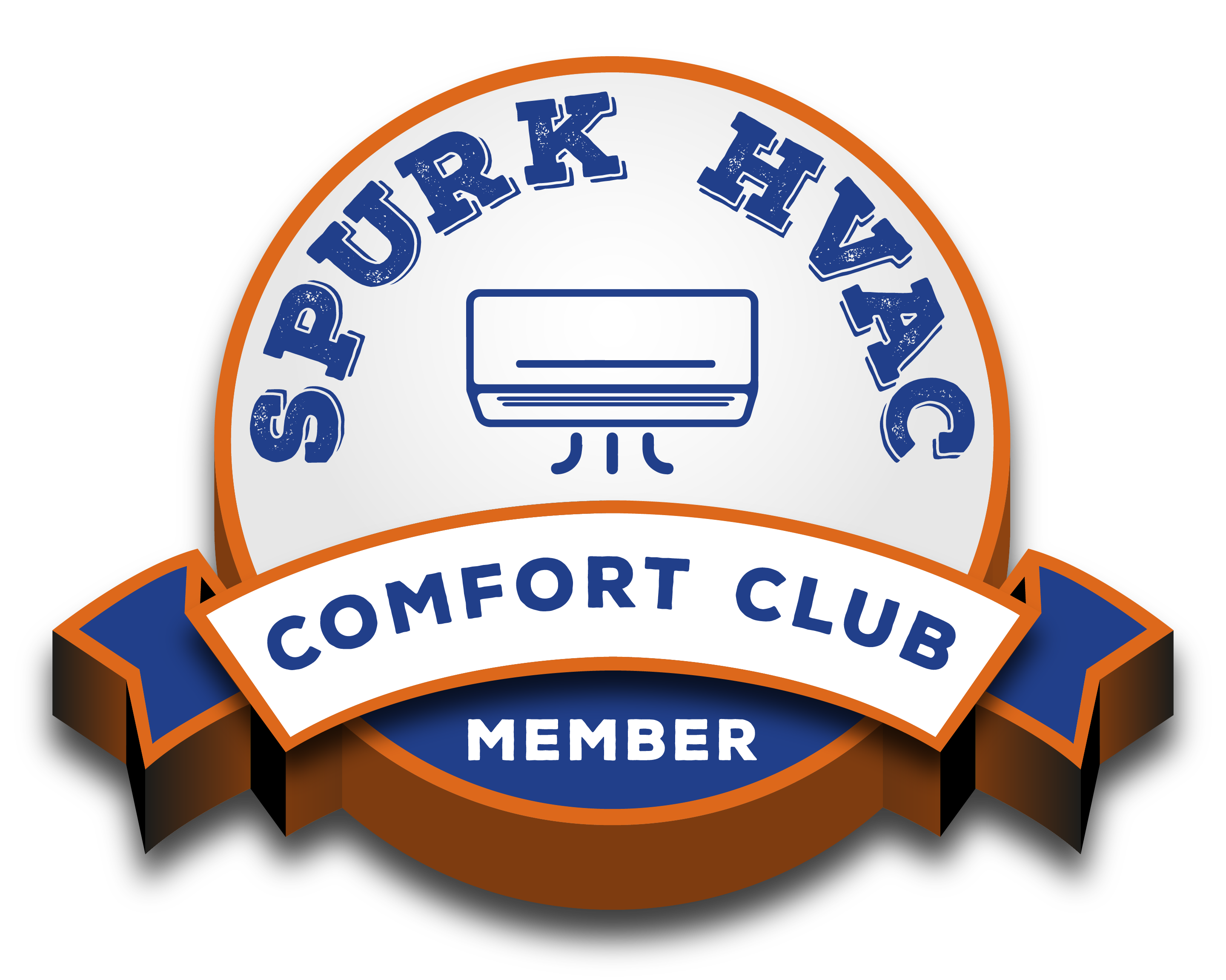On a hot summer day, there are a few things that ease the heat: a cool drink, an icy treat, and, most of all, the crisp, clean air that moves through the house. Good air conditioning can come without breaking the bank.
How Air Conditioning Works
Getting the most for your money while cooling your homes really begins with an understanding on our part of how air conditioning works. All air conditioners make use of a few distinct parts: compressors, cooling coils, and evaporator fins. Air from your home is condensed and circulated through the air conditioning unit, where it is changed from a gas to a liquid, at which point the liquid is forced through the indoor evaporator coil or cooling compartment. A fan inside the air conditioner then circulates the air through a unit’s evaporator fins—a thin, hollow gridwork of tightly interwoven metal strips—which exchange thermal energy with the air around them, turning the liquid to a vapor and removing any heat from the air in the process. In short, cooling our homes is the manipulation of gas by the expertly engineered and well-crated machine we called your air conditioner, keeping you cool on even the most sweltering days.
How to Maximize Air Conditioning Efficiency
So what can help make sure your air conditioner is running at its most efficient to help costs stay low and your home comfortable? Try implementing these simple tips:
- Be sure to replace the filters in your air conditioners on a regular schedule, typically meaning 1” disposable filters should be replaced every 1 – 3 months, and thicker, high-efficiency filters once every 6 – 12 months
- Be aware that an air conditioner suddenly not working as quickly to cool your homes could mean the unit is leaking refrigerant
- Use programmable thermostats wisely, keeping them set to lower for times we will use our air conditioners most, and raising the temperature when you aren’t home, or it is a naturally cooler day
- Close your blinds and curtains during the hottest parts of the day, allowing the air conditioners to work a little less hard cooling our homes
- Proactively make sure that your home is well-sealed, including connective points in our ductwork, so that hot air from the outside doesn’t get in, and the cold air from inside doesn’t get out
- Try limiting the use of hot appliances such as ovens and dryers to the cooler parts of the day, such as the early morning or late evening
Helping our air conditioners run at their most efficient is a matter of taking time to think through interactions with the temperatures of both the outdoors and inside the home. Working together in this way can keep your homes at its ideal temperature all year long, no matter the weather.



